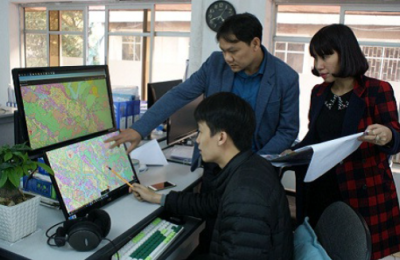


The Partnerships for Enhanced Engagement in Research (PEER) program is once again accepting proposals from developing country researchers interested in collaborating with counterparts who are funded by selected U.S. Government-supported agencies. The pre-proposal remains a key part of the application and review process, but there have been several changes in the project scope and focus areas for Cycle 9. The pre-proposal submission deadline is 10 February 2020.
To help applicants understand the eligibility guidelines and the application process, PEER program staff will be holding an optional one-hour webinar on Wednesday, December 11, 2019, beginning at 10:30 AM (U.S. East Coast time). If you are interested in participating in the free webinar, you must register in advance on the Zoom Platform, and you will receive another link by e-mail so you can log into the webinar on 11 December.
The program is currently inviting pre-proposals for projects up to three years in duration and $100,000 per year (depending on focus area) that will lead to development-related policy or programmatic change from applicants in the following specific countries or regions or working on the following topical areas:
The full PEER pre-proposal solicitation, instructions, eligible country lists, details on the special focus topics above, frequently asked questions, and a link to the online application website are available at http://www.nationalacademies.org/peer. Potential applicants are encouraged to review the materials carefully. PEER is implemented by the National Academies of Sciences, Engineering, and Medicine on behalf of USAID, and potential applicants or partners with questions are invited to contact the program’s staff at peer@nas.edu.